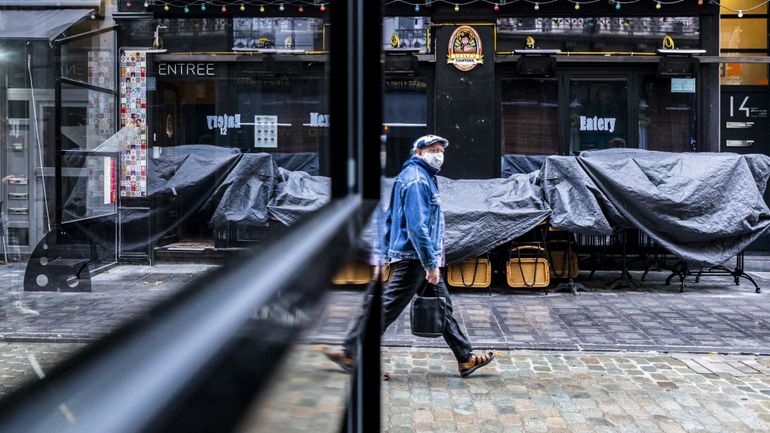“We’re all in this together” has been uttered by almost every government around the world within the past 8 months, especially here in Europe.
While this made sense in March, when so much was still unknown about the coronavirus and there was a rush to make sure health systems would not be overwhelmed, in October (almost November) governments using this same messaging while enacting further restrictions and second lockdowns shows an utter lack of ability on their part to actively lead their countries through this crisis.
The simple fact is that in 8 months governments, particularly Western European governments who lauded themselves as experts in combatting infectious diseases, have continually placed the blame of increasing case numbers on citizens, even after restrictions were lifted, because they have not been able to figure out how to go on the offensive for controlling this virus.
The entire reason for the first lockdowns were so that governments could buy more time to prepare their health infrastructures for the influx of cases and create the necessary preparations for the inevitable second wave, which virologists repeatedly warned us about. Now that we are well into the second wave, governments have learned absolutely nothing on how to procure, utilize and allocate resources to diminish the number of cases and hospitalizations and instead shift the blame of their failure onto citizens for not “following the rules”.
The fact of the matter is that this is no longer the primary responsibility of citizens, and citizens should never be those primarily responsible for dealing with a public health crisis. This is why we elect governments and why they have the resources that they do, so when largescale crises happen, they can take the reins while the rest of us do not have to worry. There are certain aspects of such crises where the responsibility does fall on citizens, such as mask wearing and not throwing parties, but a majority of responsibility falls on the governments to take care of people and so that life can continue on as normally as possible. Instead, governments chastise people for going to restaurants after they re-opened and then close those same restaurants a few months later.
Why European governments have not instituted things like cluster testing, mandatory temperature scans in schools, ramped up testing capacity and the availability of rapid tests, or created care and safety nets when people do have to isolate shows that they never had the ability to adequately deal with this crisis. Meanwhile, across Asia, densely populated countries like Japan and South Korea never even had a lockdown because their governments were prepared to go on the offensive immediately. Even with all of the data and information we now have on how and where the virus spreads, governments continue to fail in their handling of this virus. Instead, it is easiest for them to shift the blame to everyday people and continue introducing new restrictions that will only have short-term success.
Natalie Domaas


